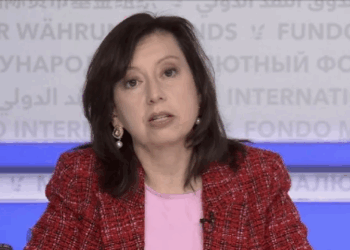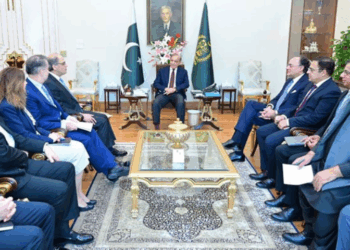Islamabad, May 19, 2025: The federal government is set to introduce stringent measures against tax non-filers in the upcoming 2025–26 budget, as part of its commitments under the ongoing loan agreement with the International Monetary Fund (IMF).
According to official sources, non-filers will be banned from purchasing vehicles and property, and may also face restrictions on conducting large financial transactions. These measures are part of a broader effort to abolish the “non-filer” category entirely and bring more individuals into the formal tax net.
The move aligns with the IMF’s demands for comprehensive tax reforms aimed at improving revenue collection and ensuring fiscal discipline amid heightened economic challenges.
Negotiations with the IMF have entered a critical phase, with the Fund expressing concern over external risks — including rising US tariffs and escalating tensions with India. The IMF has pressed Pakistan to implement timely adjustments in electricity and gas tariffs, phase out tax incentives for special economic zones and improve the efficiency and coverage of the tax system.
Sources in the Federal Board of Revenue (FBR) said reforms are already in motion. These include scrapping the non-filer category, launching third-party data analysis to identify tax defaulters and activating the Compliance Risk Management System (CRMS) in Islamabad, Lahore, and Karachi, with plans to expand to other major tax units.
Officials also acknowledged shortcomings in the Tajir Dost Scheme, which aimed to document retail traders. Despite the setbacks, there was a 51% increase in tax filers among traders and wholesalers after withholding tax rates were hiked for unregistered shopkeepers.
The upcoming budget is expected to introduce aggressive policy actions to expand the tax base and curb evasion. “There is a clear policy consensus between the IMF and Pakistani authorities to take firm action against non-compliance,” a senior official involved in the talks told reporters.
The budget will be closely watched by both domestic stakeholders and international lenders, as Pakistan attempts to stabilize its economy while meeting external obligations.








